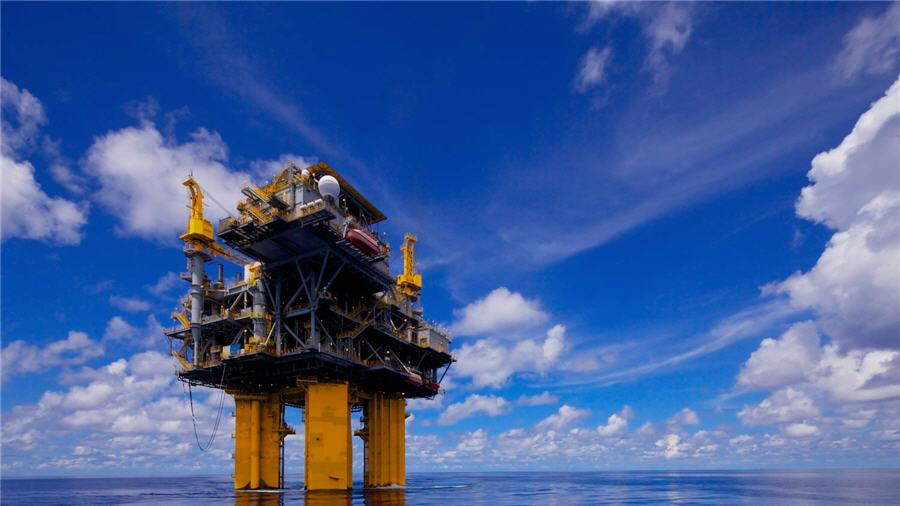BHP puts four industry groups on notice after climate policy review

BHP Group said on Thursday it was considering its membership of four industry associations due to concerns about their climate and energy policies, although it was not yet ready to pull out as some shareholders have demanded.
BHP has faced increasing pressure from investors worried that some mineral lobby groups, particularly in Australia, are promoting coal use in contravention of the goals of the Paris climate pact, and have urged BHP to stop funding them.
But a majority of BHP shareholders voted against a related resolution at annual general meetings in London and Sydney this year.
More than 27% of investors voted for BHP Group to suspend its membership of associations that lobbied for policies that clashed with the goals of the Paris pact
“We believe that active participation in industry associations provides a leadership opportunity,” BHP said in a report following a review of its association memberships.
It identified six material differences on climate and energy policy across four bodies, out of 30 in the report, including the Australian state-based New South Wales Minerals Council, whose membership it said it would review by April 30.
Brynn O’Brien, executive director of ethical investment group Australian Centre for Corporate Responsibility (ACCR), said BHP’s retention of all its memberships was “an absolutely outrageous position” and one that flew in the face of a big proportion of its shareholders.
More than 27% of investors across the Britain- and Australian-listed entities voted for BHP Group to suspend its membership of associations that lobbied for policies that clashed with the goals of the Paris pact.
ACCR was among the groups, including the Church of England Pensions Board, that proposed the resolution.
BHP said it put the NSW Minerals Council on review because it had argued that affordable, reliable power was more important than emissions reduction, in contrast to BHP’s view which is that the three should be considered on an integrated basis.
The group, which gets a large part of its funding from Australia’s multi-billion dollar coal industry, has been criticised by climate advocates for pushing to overhaul state planning laws after a commission blocked new coal projects citing climate change concerns.
“BHP is a valued member and we note their accord,” NSW Minerals Council CEO Stephen Galilee said.
The others, American Petroleum Institute, Mining Association of Canada, and United States Chamber of Commerce would have their memberships reviewed by the end of August, BHP said.
It also found that some of the “broader communications activities” of Australia-based lobby group Coal21 “have not been consistent with its core objectives”.
The group, funded to research carbon capture and storage technologies, tendered this year for an advertising contract to encourage Australians to “feel proud about coal”, Australian media reported.
“This issue is not going away,” O’Brien added.
“We expect that they will come under increasing pressure … This confirms our worst fears about Mike Henry, that he is too close to the fossil-fuels industry.”
Henry, who takes on BHP’s top job from January, spent part of his early career heading its coal division and sits on the board of the Minerals Council of Australia.
(By Melanie Burton; Editing by Clarence Fernandez and Stephen Coates)
{{ commodity.name }}
{{ post.title }}
{{ post.date }}




Comments